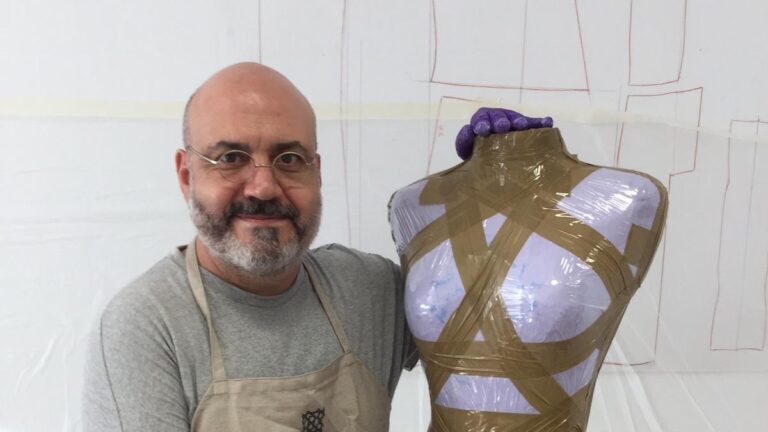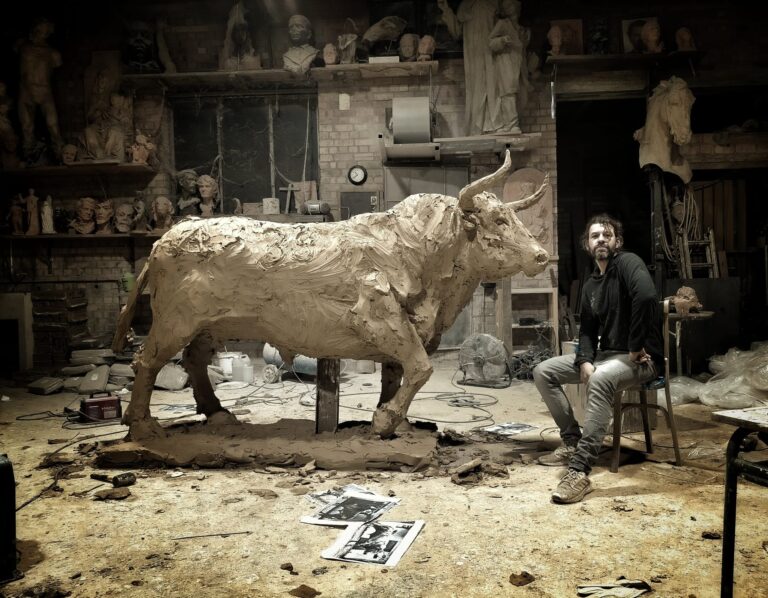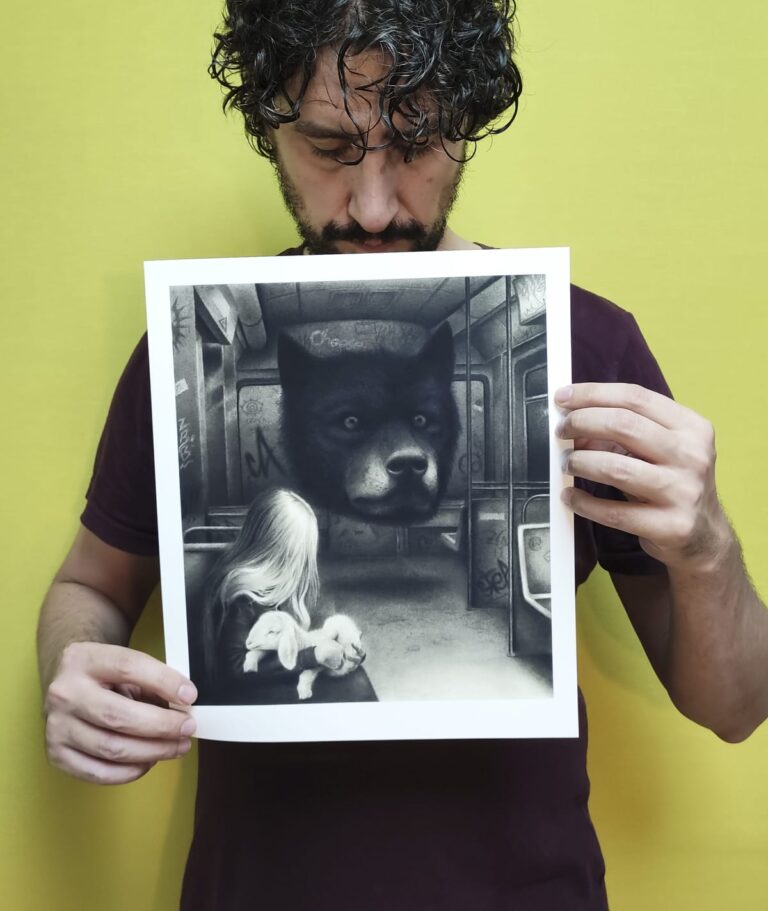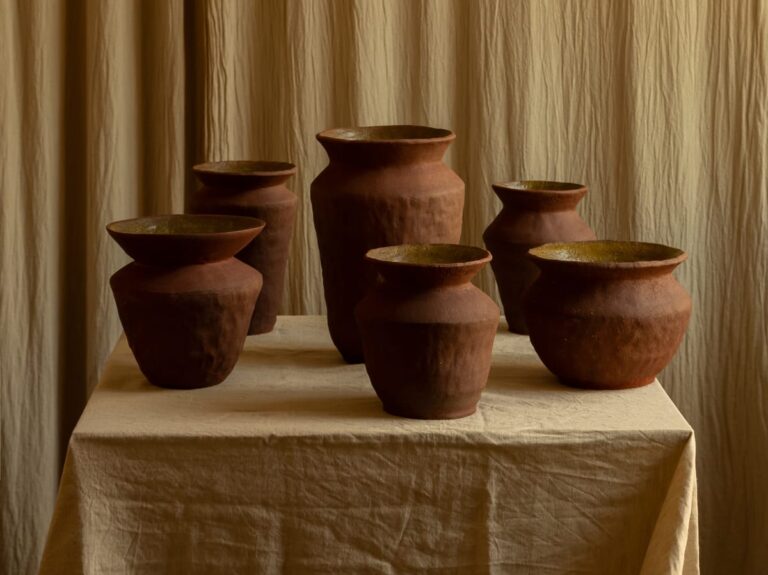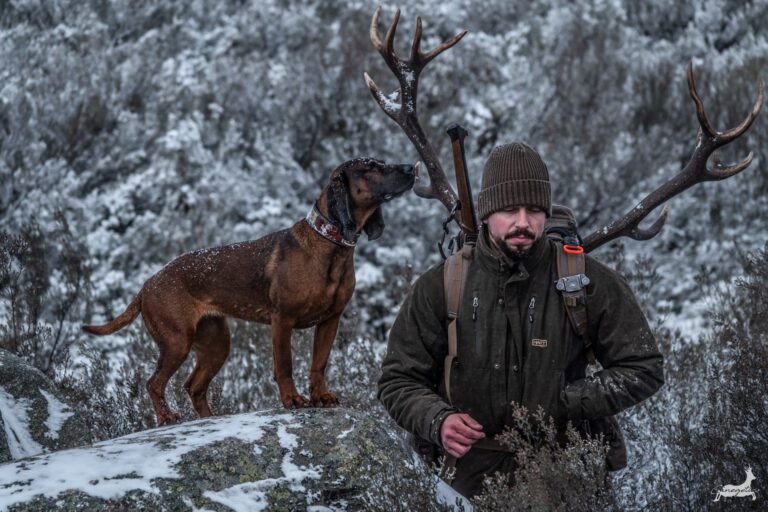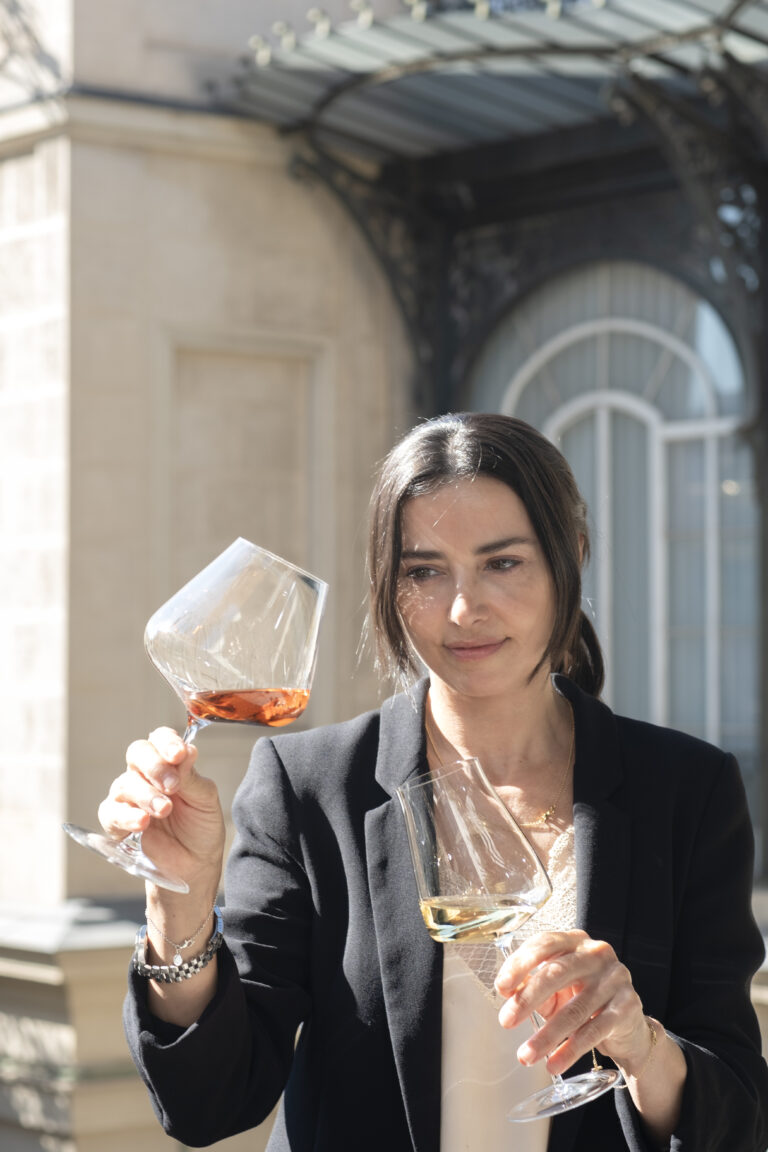Ángel Peralta Astolfi
His grandfather, Ángel Peralta, was called “the Centaur of the Marshes” . His uncle, Luis Astolfi, was a four-time Olympic equestrian. It is not strange, therefore, that our protagonist is dedicated to the world of horses, has a passion for them, and dedicates his life to this noble animal.
His commitment to the family legacy and the Andalusian equestrian tradition has made him a show jumping rider, horse artist, creator of equestrian shows, horse advisor, stud farm manager... in short, a "centaur" of the 21st "century"
Today, Ángel Peralta Astolfi combines his career as a rider with the direction and execution of equestrian shows. Let's see what this "craftsman" of the horse tells us about his busy life:
Hello Ángel. Do you remember the moment when you decided to dedicate yourself to horse riding?
Around 2008 I had already completed my university education and a one-year stay in Vancouver (Canada). From there I had already found a real estate job in Sotogrande (Cádiz) and I remember this period in Campo de Gibraltar with great affection, but there came a time when I wondered if I was 100% happy. What I needed was to practice what I liked most, horse riding. That reflection turned my life around and I began to look for my direction through horses.
A Cordoban farm bordering Medina Azahara… What is it like?
The Almuzara Estate was everything in my beginnings and I was there for seven years. This farm, located on the slopes of Sierra Morena, was an old Roman villa and an Andalusian farm, and it is also a witness to the breeding of the Purebred Spanish horse since its origin in the 16th century. We can see the pastures walled by Philip the Second and on the horizon the palatine city of Medina Azahara.
I will always remember the moment of the stampede of mares and foals, galloping from Cordoba la Vieja to the Almuzara Farm crossing those fields.
There I was able to develop a project for a “Stud Farm Open to Tourism”. The secret of our success was that we never focused on it as a tourist product… an authentic experience was created there that was the germ of what I am doing today in Spain and Portugal.
Knowing the concept of “craftsmanship” that glù has, where can we apply it in your profession?
Our concept of attention to each experience we work on is tailored to the profile of each visitor. We study every last bit of information that comes to us and based on that we seek to surprise them through the farms of family and friends who open their doors to us. We are managing to create something unique, through ourselves, our horses, and our team of guest artists.
We have a wide range of unique options and magical places, that is our trump card to always have resources and manage to create the best memory that we can offer to our guests.
What is your favorite place in Andalusia?
I am a great bon vivant and I look for the charm of each place. I like the way the countryside turns out in winter, as it is wonderful to be able to ride in a sea of flowers. Córdoba and Seville are my favorite places and where I have spent most of my life. In autumn I also love going to the beach and galloping along the shore.
And, what is your favorite part of the horse world?
Breeding seems wonderful to me, as do shows, and even daily training motivates me because it is always focused on a goal. I like to have a varied day-to-day life and not fall into a routine. Now I am also very excited about competing with our horse “Brinca”.
You did not settle for the family legacy and followed your own path. Do you have any dreams to fulfill?
To be able to breed with those horses that have given me everything, and for their offspring to be part of my stable in the future.

Which historical rider would you like to have a friendly chat with?
With Diego López de Haro, Head Groom of the court of Philip the Second. The monarch entrusted him at the end of the 16th century with creating a horse for royalty and he was the driving force behind our current Pure Spanish Horse.
I would love to go back in time and experience the beginnings of our horse, as well as the breeding to achieve it by setting the standards of beauty, size, hair, the baroque style of its appearance, and the nobility that makes it unique in the world.
What is your greatest hobby outside of work?
I love traveling, the history of each place, and gastronomy.
What task do you currently dedicate most of your time to?
What I dedicate most of my time to is excellence. One of the best pieces of advice my grandfather Ángel gave me is “You should never think that things are good, but that they can be better.” He also said that the goal should be set on the horizon so that it advances at the same time as us and we grow. I speak in plural because three years ago, my wife Nerea Berraondo, an opera singer, joined the project. She lived in the United States for ten years, is the owner of several of the horses in the show, and is a fundamental part of the experiences because she is the hostess so that visitors feel at home.
Is there sustainability/ecology in the farms, stables, and barns where you work?
Of course, raising our horses in open fields is ecological, as is the use of stable bedding that serves as manure and has a multitude of uses.

Which horse do you remember fondly and why?
My mare Época was my first great horse. With her, I started in the world of horse riding and we competed in two Spanish championships with very good results.
How did you come up with the show “Don Juan a Caballo”?
Before I was inspired by the play, I already liked to recite verses on the back of “Limbo”, while we were acting a story told in poetry was emerging. In 2018, one afternoon when I was taking care of my grandfather Ángel, my uncle Daniel Pineda, who is a great writer, was there and I told him about the idea. It was a three-person job, my grandfather barely had days left and this play has an even more special touch because it takes me back to the last memories I have with him.
Our previous protagonist, Cinegetics, left this question open: They say that the two most important days in a person's life are the day they are born and the day they discover why. Has that day come for you?
I think that life is forged by events. One writes the novel of one's own life. "El libro de la escritura vital" (The Book of Vital Writing), by Manuel Pimentel, is very interesting in this sense. In the end, the day comes when we all find meaning in the puzzle we are creating.
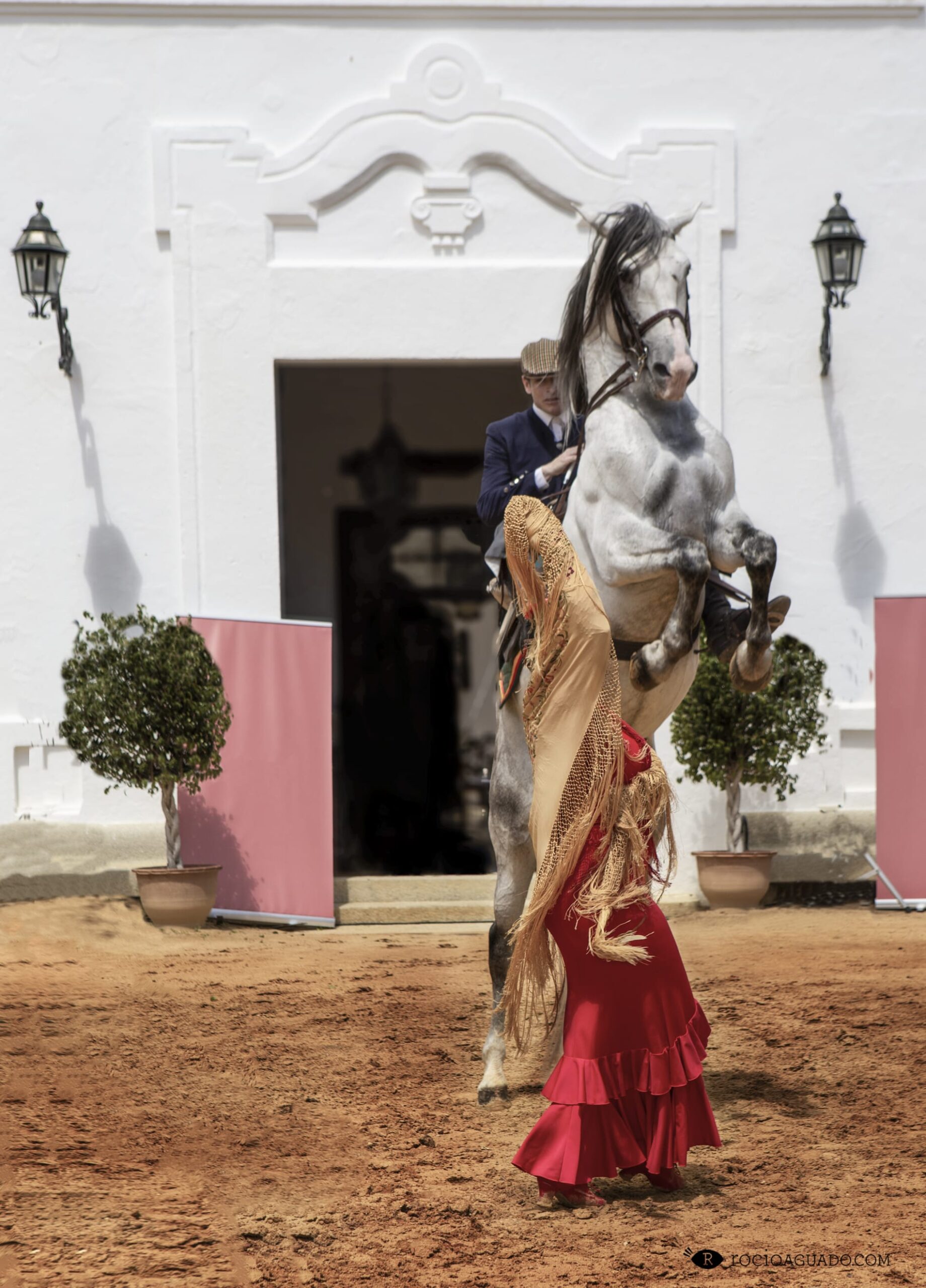
In the transcendental moment when you become a father, you discover that it is the best way to find meaning in the legacy you have created and you fight to ensure that this tradition that passes from parents to children never dies.
Can you leave us a question for the next guest?
Of course. What do you enjoy the most in your daily life?


